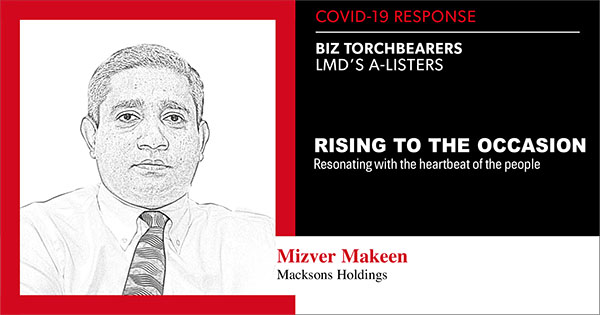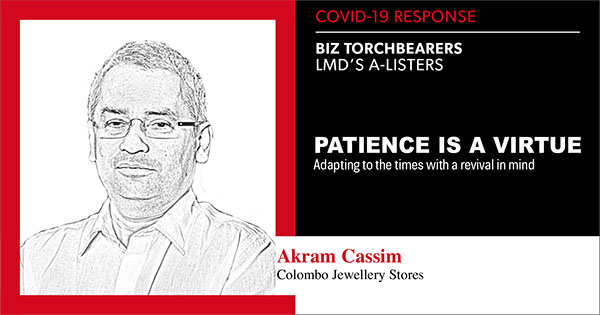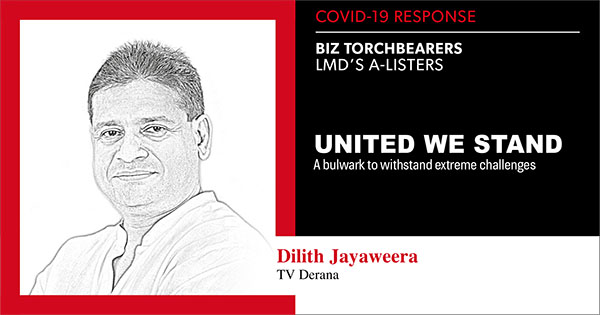Q: How did your organisation operate during the extended curfew?
The Institute of Policy Studies (IPS) shut down in mid-March with the onset of the pandemic in Sri Lanka and continued its research from home.
While research isn’t particularly incompatible with work from home (WFH) measures, our normal course of activity was restructured and disrupted as field visits had to be postponed.
By mid-May, we began a guarded reopening of the office with 20 percent of staff coming to work under the regulations set by the relevant health authorities – such as social distancing and temperature checks inter alia.
We also took measures to reorganise the workspace to maximise physical distancing as well. And we began on a rotational basis, gradually encouraging larger numbers of our cadre to report to office from our initial 20 percent rotation.
Q: In your assessment, how has IPS played a part in mitigating the impact of the coronavirus crisis here in Sri Lanka?
As a research organisation, IPS was not directly involved in any of the state efforts to eradicate COVID-19 in the country.
However, as the apex economic policy research institute in Sri Lanka, we were able to assess the socio-economic fallout from the pandemic and leverage our expertise in this regard.
When COVID-19 first emerged, it demanded that we reorient our research programme for the entire year as all the research projects that had been planned previously were no longer relevant.
The scope of these new research projects encompassed pertinent topics such as the impact of COVID-19 on the labour market, the macro-economic fallout, the effect the pandemic would have on migrants and their livelihoods, and how best to reintegrate them back into stable jobs with better opportunities.
Our research teams also assessed areas of social protection such as for jobs, the impact on agricultural supply and value chains, relevant security issues as well as the impact COVID-19 would have in the context of gender.
Some of our research is shared directly to the ministries involved in the relevant areas. We had a rapid response call on how migrants were being impacted, and a particular committee is looking at mitigating risks for them and offering social protection.
Likewise, our research is gradually being fed into the relevant committees and taskforces at the national level.
We’re cognisant of the fact that the crisis is such that national efforts to mitigate COVID-19 cannot immediately include responses based on research findings. However, we do hope the work the institute has undertaken will be applicable in the recovery phase of the post-COVID era.
Finally, while as an organisation we had no pre-planned efforts for direct community assistance, it would suffice to say that several of our staff engaged with various community efforts at the individual level during the shutdown.






